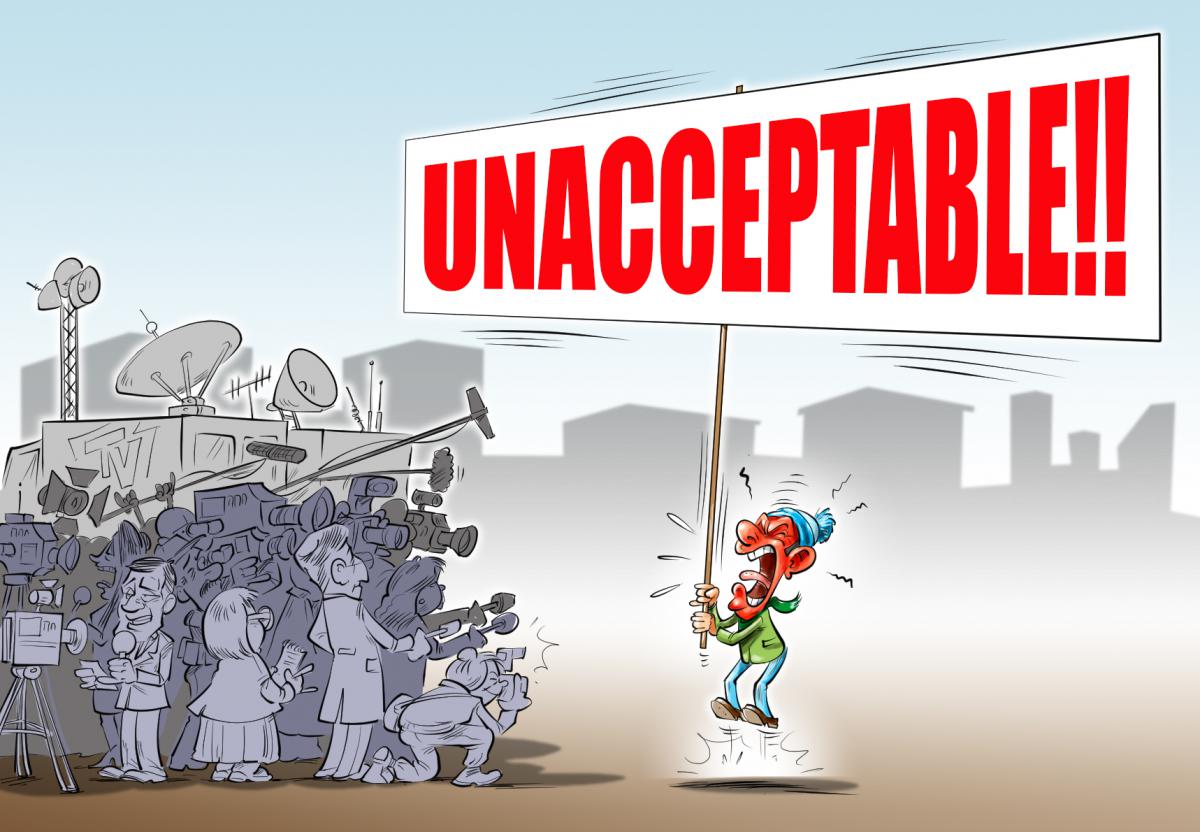
14-minute read
Are Electric Vehicle Subsidies Efficient?
Ontario and Quebec have set ambitious targets aimed at reducing greenhouse gases (GHGs), respectively 37% and 37.5% by 2030 compared to 1990 levels. The transportation sector is crucial for achieving these ambitious targets, since it represents over a third of the emissions of each province. These have therefore decided to implement, among other things, subsidies to electric vehicles. But is this injection of public funds the best use of our money?

8-minute read
Viewpoint – Health Care in Sweden: Decentralized, Autonomous, Competitive, and Universal
The Quebec government wants to centralize the health care system even more with Bill 130, giving the Health Minister more power over administrators and over the management and operation of hospitals. The government would be better off following the example of Sweden, which has successfully moved in the opposite direction, in addition to benefiting from the contribution of the private sector.

8-minute read
Viewpoint – Housing Prices: Before Taxing Foreign Buyers, Scrap Rent Control
The government of Ontario has recently announced new policies intended to cool off its real estate market, imposing a 15% tax on foreign home buyers like the one enacted in 2016 in British Columbia, and also extending its rent control regulations. In Montreal, the opposition is asking the City to follow the example set by these two provinces. Quebec Finance Minister Carlos Leitão has said he is not interested in interfering with the market, and with good reason: This is precisely the kind of policy that contributes to the problem.

8-minute read
Viewpoint – Ending Supply Management with a Quota Buyback
Since the 1970s, farms in the dairy, poultry, and egg sectors have been subject to supply management, a system which combines production quotas, price controls, and import barriers to increase the prices of goods produced by these farms. The negative effects of this system for consumers have been studied in depth, and there is now a broad consensus regarding their existence and amplitude. The question of compensating farmers in order to abolish this regime remains an open one.

9-minute read
The State of Competition in Canada’s Telecommunications Industry – 2017
The advent of the Internet of Things (IoT), which will soon revolutionize every aspect of our economy and our lives, will force Ottawa to reconsider its telecommunications priorities and policies, argues the 2017 edition of The State of Competition in Canada’s Telecommunications Industry, published by the MEI.

8-minute read
Viewpoint – How to Liberalize the Alcohol Market in Quebec
The Quebec government is currently studying various ways of ending the SAQ’s monopoly. The Crown corporation has indeed been the target of multiple criticisms over the years, as much for the prices of its products as for its management and efficiency. Another, less frequently heard but nonetheless important criticism is the lack of space the public monopoly leaves for small entrepreneurs. This latter concern should guide the government in its reflections on the liberalization of the alcohol market.

7-minute read
Viewpoint – How Much Has Bixi Cost Montrealers?
The Bixi bike-sharing system will soon start its ninth season. Since its creation in the spring of 2009, Bixi has survived thanks to public funds. What does the bill add up to for Montreal taxpayers? If the goal was to promote the use of bicycles and active transportation, could the funds allocated to this service have been better spent?

8-minute read
Viewpoint – The 2017 Budget: Quebec Must Keep Its Promise to Reduce Taxes
In the coming days, the Quebec government will unveil its 2017-2018 budget plan. For the 2016 fiscal year, it has so far accumulated a budget surplus of $2.3 billion. One of the Liberal Party’s electoral promises was to allocate half of surpluses to tax reductions. This would be most welcome, since as shown in this Viewpoint, taxes and contributions to the public treasury have been on the rise since the beginning of the decade.

15-minute read
Trading Supply Management for Softwood Lumber?
During the American election campaign, Donald Trump criticized the North American Free Trade Agreement on several occasions, going so far as to call it “a disaster,” and he clearly stated his intention to renegotiate it. Although the new president is wrong to target it as the source of the economic ills afflicting his country, it is true that NAFTA could be improved.

15-minute read
The Three Pitfalls of Social Licence
The criterion of social licence is a part of every debate surrounding economic development projects, especially when these include impacts on local communities or on the environment. And yet, this new concept is poorly understood, and mentioned nowhere in the law. Certain controversial projects, like pipelines or uranium mines, illustrate the potential pitfalls of social licence and remind us that the demands of some players frequently go beyond this framework.

